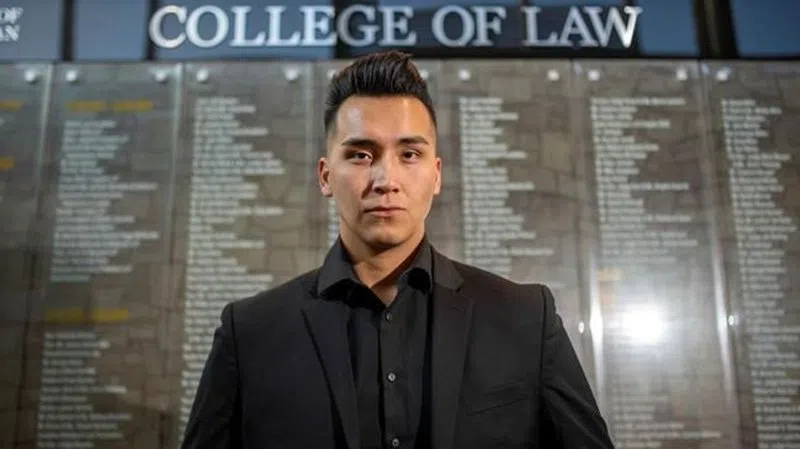
‘Tore my world apart:’ Indigenous Bar Association to honour Colten Boushie
Andre Bear remembers pain building deep inside him as he digested news of a controversial acquittal of a Saskatchewan farmer who shot and killed a young Indigenous man.
“It really tore my world apart,” Bear says from his home in Saskatoon.
“It made me feel hopeless that I would never see justice in my lifetime as a young Indigenous man in this country.”
It sparked a change inside him, he says, and he decided to become a lawyer.


